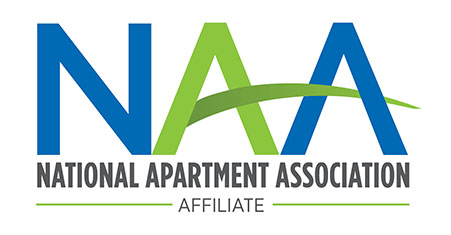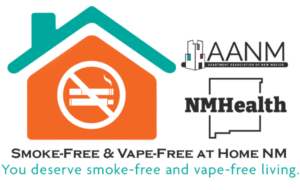To stay competitive, apartment owners are seeking opportunities to provide attractive living amenities aligning with renters’ lifestyles. Smoke-free living is one approach that owners have recognized that can make them more appealing to health-conscious renters, gain an edge in community marketability and enjoy considerable savings in apartment home maintenance and liability. Smoke-free policies greatly reduce smoke-related property damage. Statistics from the U.S. Department of Housing and Urban Development estimate turnover cost on a smoking apartment home to be two to seven times that of a smoke-free unit. Typical repairs of a smoked-in unit include replacing carpets, window coverings, appliances and cleaning and re-painting. Maintenance savings typically average $5,000. “From an operator’s standpoint, the decision to move to smoke-free environments was an easy one,” says Yunmi Martin, Senior Vice President of Shea Apartments, which owns and operates more than 8,100 apartment homes in California, Colorado and Washington. “When turning over an apartment, there is considerably more effort involved in making sure that a former smoking unit is clean and ready for its next resident. It’s one less thing for us to worry about.” Today, there is more support for smoke-free living due to changing attitudes about smoking. A recent UCLA Center for Health Policy Research survey of Los Angeles residents found 82 percent of respondents would prefer living in a smoke-free apartment. Among tobacco users, an even higher percentage (85), indicated support for residential smoke-free policies. UCLA, in collaboration with the Apartment Association of Greater Los Angeles (AAGLA), also found the majority of surveyed apartment owners (representing over 5,000 units) expressing support for smoke-free policies. Yet most indicated they had not implemented a policy because they needed more information. Additionally, owners with smoke-free policies unanimously reported they had no problem filling vacancies. “Smoking has become such a hot topic,” Martin says “and the majority of our future residents are requesting a smoke-free environment for themselves and for their families. The response has been extremely positive.” To implement a smoke-free policy, it is recommended that owners inform residents at least 60 days in advance of leases expiring that the building will adopt a no smoking policy that can include all units, balconies/patios and common areas inside and outside. In instances of rent-controlled properties, owners can provide no smoking leases for new residents while informing current residents of the intent to adopt a no smoking policy. Existing residents who want to opt-in can be offered the opportunity to sign a no smoking lease. Read more on this story in the February issue of units magazine. https://www.aanm.org/news/owners-residents-thrive-in-smoke-free-communities
Owners, Residents Thrive In Smoke-Free Communities

